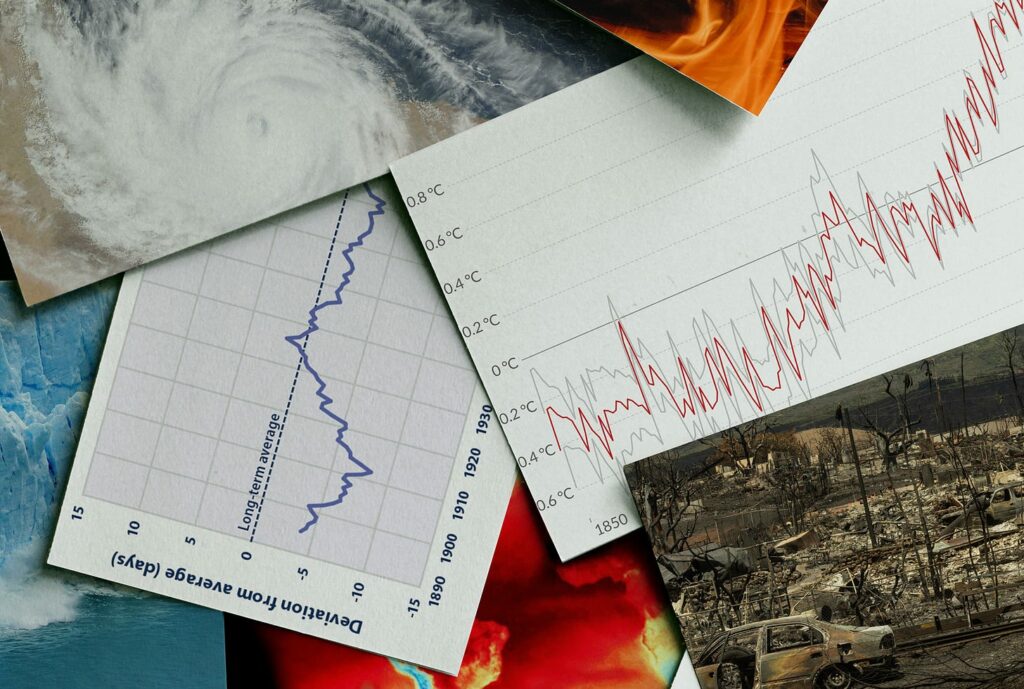A paper in the journal Advances in Atmospheric Sciences announces breathlessly that "record-setting ocean warmth continued in 2019". Its remarkably long list of authors says the energy content of the oceans soared by... 25 zettajoules. Which sure sounds like a lot. Having zetta’ed us (it means 1021) the authors peel off their lab coats to weigh in on policy: "the rate of increase can be reduced by appropriate human actions that lead to rapid reductions in GHG emissions". But when Willis Eschenbach at Watts up With That tried to check their data he found himself lost in a maze. So he digitized their chart and learned that their scary pile of zettajoules worked out to just over one-tenth of a degree in six decades. Give or take a lot, because throughout the analysis period the authors lack data for over 70 percent of the oceans, despite claiming to be able to measure temperatures around the world to an accuracy of 0.003 degrees C. So much phony certainty and so much politicized science: now there's something to be worried about. One might even call it zettagall.
Roy Spencer also weighed in on this paper, asking what, if their data were actually correct, it would imply about the global climate system? Turns out, according to Spencer's calculations, that it would mean if all the ocean warming since 1940 was human-caused, the Earth's climate sensitivity could only be about 1.85 degrees per doubling of carbon dioxide concentration in the atmosphere. Since not all the warming is due to greenhouse gases, the real number is probably about 1.5 degrees, which matches other expert estimates. But IPCC models assume the sensitivity is twice that high, at 3 degrees. So the real message of the ocean data is that CO2 doesn't cause as much warming as climate models claim.
If true, it’s very good news. The crisis is not about to overwhelm us and we have time to stop and think. But evidently it’s not good news to the scientists who measured it. So determined were they to push their policy message that they went so far as to blame the Australian bushfires on the 0.009 degree C warming from 2018 to 2019: "It is one of the key reasons why the Earth has experienced increasing catastrophic fires in the Amazon, California, and Australia in 2019 (extending into 2020 for Australia)."
When it comes to climate change we are constantly admonished to look to peer-reviewed science from the real experts. Then when we do, they say ludicrous things with a heavy political overtone, and wonder why we come away feeling skeptical.


